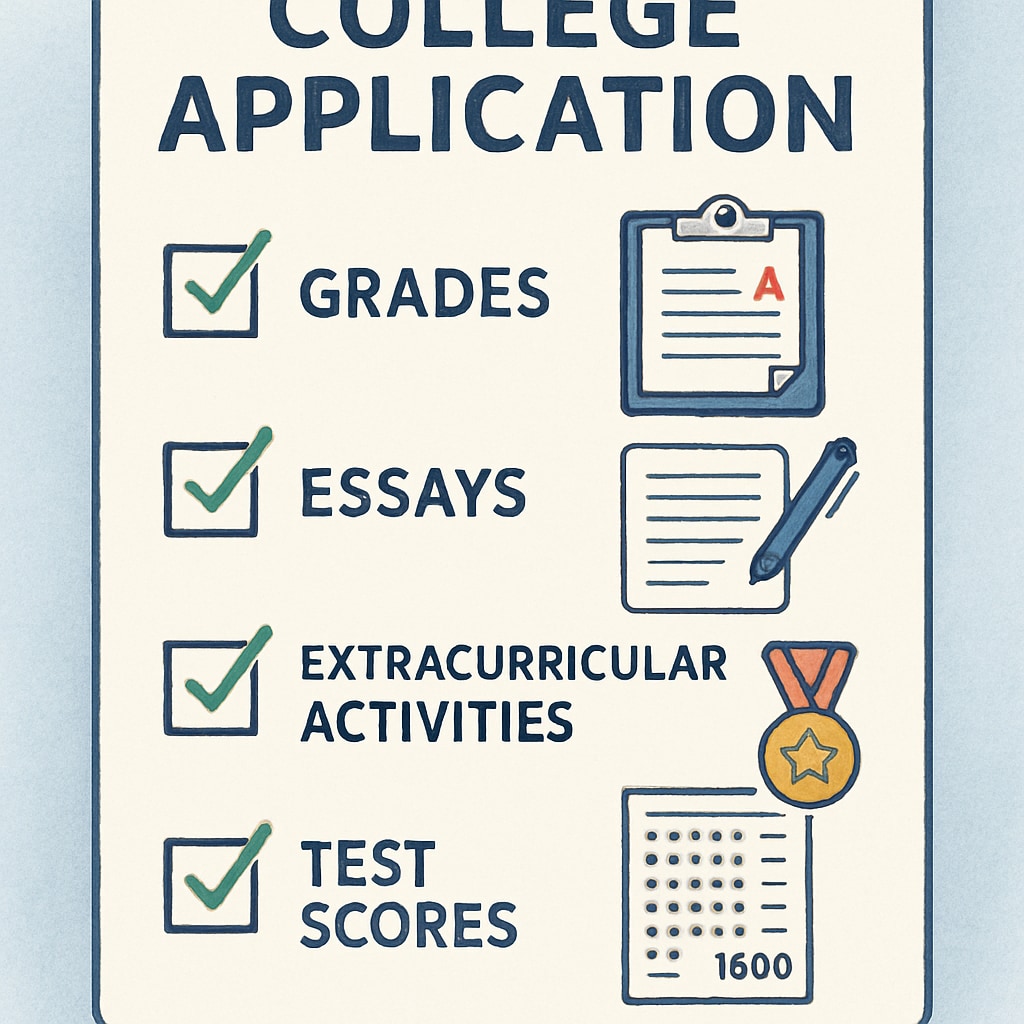When applying to elite institutions like Harvard University, every detail of your academic record matters. A 69% grade in a mandatory CALM (Career and Life Management) course during 10th grade might seem like a significant setback for future aspirations. However, understanding how Harvard evaluates transcripts and adopting effective strategies can help you navigate this challenge and strengthen your application.
Do Single Low Grades Define Your Harvard Application?
Harvard University, like other Ivy League schools, takes a holistic approach to reviewing applications. While academic excellence is a cornerstone of their admissions criteria, a single low grade in a non-core subject like CALM may not necessarily disqualify you. Admissions committees often contextualize grades within the larger narrative of your application, considering factors such as:
- Course difficulty and rigor of your overall curriculum
- Consistency of academic performance across core subjects
- Extracurricular achievements and leadership roles
- Personal statements and recommendation letters
In addition, mandatory courses like CALM, which focus on life skills rather than academic rigor, may carry less weight in comparison to advanced placement (AP) or honors-level classes in math, science, or English.

Strategies to Address Low Grades in College Applications
A low grade, such as a C+ in CALM, does not have to define your application. Here are actionable strategies to highlight your strengths and mitigate concerns about a single low score:
- Address the Grade: Use the optional essay or additional information section in your application to explain the circumstances surrounding the grade. For example, discuss challenges you faced that semester and how you overcame them.
- Show Improvement: Demonstrate academic growth by excelling in higher-level courses in subsequent years. A strong upward trend in your grades can indicate resilience and dedication.
- Strengthen Other Areas: Highlight achievements in extracurricular activities, volunteer work, or internships that showcase your leadership and initiative.
- Secure Strong Recommendations: Request recommendation letters from teachers who can attest to your character, work ethic, and intellectual curiosity.
- Focus on Standardized Tests: High scores on SAT or ACT exams can reinforce your academic capabilities and offset concerns about a single low grade.

The Big Picture: Holistic Admissions at Elite Universities
Harvard’s admissions process is designed to identify well-rounded individuals who bring diverse talents and perspectives to their campus. Academic performance is critical, but it is not the sole factor. Elite institutions value qualities such as leadership, creativity, and resilience, which can be demonstrated through:
- Participation in clubs, sports teams, or artistic endeavors
- Community service and initiatives that create meaningful impact
- Unique personal experiences and challenges you’ve overcome
Therefore, while a low grade in a course like CALM may raise questions, it does not define your potential as a candidate. By presenting a compelling narrative and leveraging your strengths, you can still make a strong case for admission.
In conclusion, a single low grade, such as a C+ in CALM, does not have to block your dream of attending Harvard University. Admissions committees are looking for candidates who can demonstrate resilience, growth, and a commitment to excellence. By addressing the grade thoughtfully and showcasing your broader achievements, you can overcome this challenge and create a competitive application.
Readability guidance: Use concise paragraphs, strategic lists, and consistent transitions to ensure clarity. Incorporate actionable advice to engage readers and maintain focus on overcoming academic setbacks.


